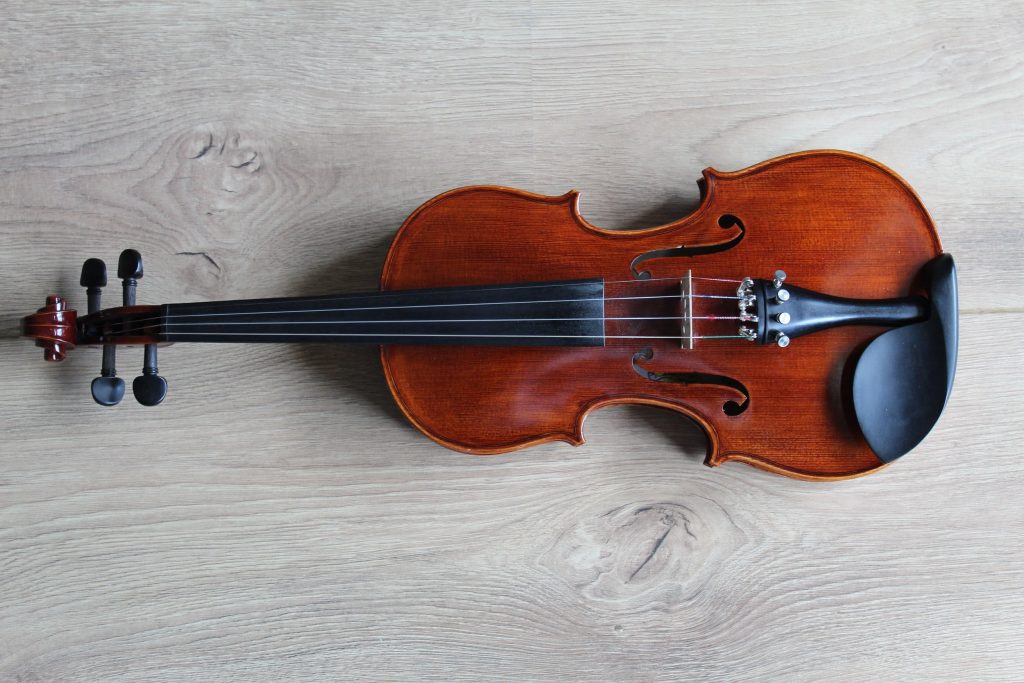Strategies for Managing Burnout
In my last blog post, I talked about what experiencing burnout was like as a student musician graduating college. I promised another post talking about strategies for dealing with burnout, so here are 5 strategies you can start today to manage burnout. I have used all of these strategies, and they’ve been really helpful.

Strategy 1: talk to someone who’s been through it. I recommend this strategy to everyone, regardless of what they’re currently struggling with. Schedule a meeting with a mentor, a therapist or someone you trust and look up to. Talk through what you’re going through with them. Part of why mental health struggles are so difficult is that they feel isolating. Knowing you are not alone in your experience is freeing, and opening up about how you’re really doing is going to give you another perspective. Maybe your chosen confidante will even help you find some humor in your struggles, and they can offer you support and comfort.
After you’ve shared about your experience with a confidante, move on to another strategy.

Strategy 2: Realize that your creativity and growth is your own. It doesn’t have to look like anyone else’s. Part of what contributed to my burnout was that I was so consumed with keeping up with my peers in terms of my playing. I had more than a little competitiveness! But honestly, I didn’t want to do better than my peers so much as I didn’t feel good enough. I tried to be good enough by:
– practicing more than was healthy for me
– practicing in ways that ultimately didn’t benefit me, such as focusing on flashy technique when I should have focused on more ease and freedom in my playing
– entering competitions, going to camps I wasn’t healthy enough to attend (hello tendinitis!)
– being afraid to take breaks or try new things
– thinking I needed to practice x amount or x things or be working on x pieces to qualify as a good musician.
Now granted – I’m not saying you don’t have to put in the practice hours, or that networking at things like festivals and competitions isn’t necessary, or that as artists we don’t need to have certain repertoire and skills under our belt. Those things are all good, and even necessary to have a career. What I’m getting at is when we start to strive and live up to others’ expectations of how we should be as musicians, it takes a toll on your creativity and your mental health.
If you find that you’re feeling burned out and that you were adopting these behaviors in an effort to feel good enough, realize that ultimately, you are responsible for your art and creativity. That means you have the power to develop it however you feel is best for you. If you’re struggling to find what to explore without listening to your anxiety suggesting things 😉 (is that just me?), make a list of skills, concepts, repertoire and genres that seem interesting to you and investigate them further!
Ultimately, listen to your gut – it is wise.
Something I did after burning out to pull myself out of the rut? The small, anxious voice inside me thought that I should be entering competitions, taking the year off to develop recital repertoire or continue taking classical violin lessons. All of those things, while good, were completely exhausting to even think about, so I decided to do something I’ve always wanted to do. I started taking fiddle lessons!

Strategy 3: Take a break from your instrument.
Ahh, the classic burnout advice. It’s a go-to piece of advice because it works. Taking a break from your instrument when you’re burnt out is one of the most vital steps in recovery. The time away from your instrument practice allows you to distance yourself from unhealthy practice mindsets and habits and can act as a “hard reset” for your relationship with your instrument.
It’s okay to take some time off without a set day for returning to your instrument. When you do take time off, try not to guilt-trip yourself about it or compare yourself to your peers. Only practice if and only if you actually want to (not out of fear, anxiety or guilt).
After six whole months of distance from my instrument, I actually missed practicing. I decided to pick my instrument back up again, but this time, I have very few expectations around length of practice time and what I work on in the sessions. I practice when I feel like it, and work on pieces I’m really excited about working on. I’m excited to gradually introduce more structure into my practice, but for now, the freedom feels incredible.
Taking a step back from your instrument won’t work on its own, though, so let’s discuss the fourth strategy.

Strategy 4: Quit comparing yourself to your peers.
Listen, I really struggle with this one. It can really feel like you’re not as valid or worthy as a musician if:
– you aren’t “keeping up” with your fellow musicians in undergrad
– You aren’t entering competitions or music festivals while your peers are
– you aren’t at the same place technique-wise as your fellow students in high school or aren’t playing the same repertoire
– your friends are auditioning for orchestras/conservatories/grad school and you’re not.
I get that. I’ve been there. I still struggle with comparing myself and my abilities to those of the people around me. But let’s ask ourselves some questions.
– Do you have the same goals in life and music as your peers?
– Did you have the same upbringing and background? Musically and personally?
– Have your peers had the same teachers, influences or challenges as you?
– Do you and your peers have the same motivations?
– Do you and your peers have the same body types and/or technique styles?
– Have your peers struggled or not struggled with injury?
Chances are, your struggles, background, goals, motivations, influences, body type and health history are VASTLY different from your fellow musicians’. Therefore, any comparison you may make to them is entirely unfair and doesn’t do you a lot of good.
There’s something I’ve been trying to do when I find myself wanting to compare myself to someone, and it really helps me. When I get the urge to compare myself to someone else, I stop myself and offer them encouragement, either by reaching out to them or by simply thinking about them and praying that they have the success in their life that they are striving for. Taking that time out to cheer my fellow musicians on really helps switch my mindset from fearing there won’t be enough success to go around, to realizing that there is enough room for everyone to succeed.

Strategy 5: Work on the mindsets, behaviors and beliefs that caused the burnout in the first place.
I’ve talked about the intrinsic risk factors for burnout – that is, the things that are within your control that can lead to burning out. (Just to review, those are limiting beliefs, lack mindsets, and behaviors like perfectionism and poor work/life balance, among other things). Reviewing those things can give you a lot of clarity about how to progress in your recovery. You can take as much time as you want off your instrument, but if you don’t address the perfectionism, inadequate rest, workaholism, overachieving and exceedingly high expectations that led to you burning out, you are setting yourself up for this cycle to repeat itself.
It’s at this stage that I’d recommend either seeing a therapist, talking to a mentor, or reading some books on burnout to help you assess your mental health, behaviors and habits, and find strategies for changing them.
Maybe you’re feeling like you need to work on ALL of those things and don’t know where to start! Two strategies there:
– Find the behavior or mindset that is easiest to improve, and do that ASAP (the snowball effect)
– Find the behavior or mindset that contributes most to poor mental health, and begin making small steps to improve.
Happiness and fulfillment in our careers and lives, as professional musicians, students or whatever occupation you have, can only be achieved when we treat our health as a priority, not an option. Our mental health has a huge impact on our outlook on life, and you deserve to take good care of yourself. I hope the above strategies help you continue showing up for yourself in whichever way serves you best.
Until next time, take good care.
~ Vivian

